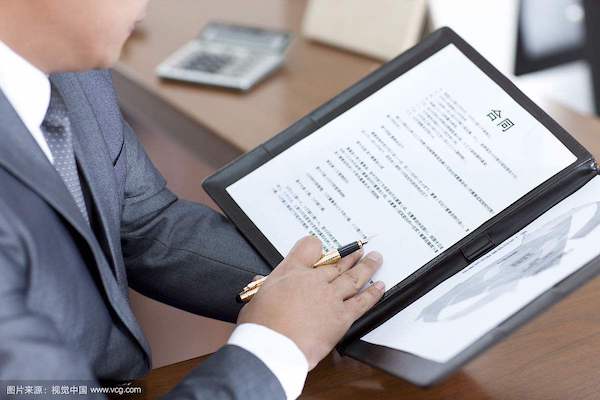
By Matthew Grandage, China specialist at Chamber International
Selling major industrial equipment to China can be a challenging experience, especially when the whole of the process – from contract negotiation to receipt of final payment is considered. Though the specifics will vary from sale to sale, some of those challenges seem to occur more commonly in sales from “the West” to China, than to other parts of the world. That's because the customer's normal plan of engagement is affected by their "worldview".
What is a “Worldview”?
“Worldview” means a way of seeing the world, shared by a community. A worldview is not a set of personal beliefs that has been consciously adopted (such as a political persuasion) or a preference (for a certain type of music, say). In fact, most people don't even think about their own until it is called into question – for instance, when they visit another country and encounter worldviews that conflict with their own.
One may notice cultural differences on a short business trip – how people greet each other, how they eat, and so on. Such a visit is unlikely to be long or immersive enough to appreciate the differences in worldview between oneself and an overseas partner, differences which run much deeper.
A basic part of China's worldview is a belief that she is an oppressed nation, always taken unfair advantage of by others (notably USA, UK, Germany and of course, Japan). This narrative is retold and reinforced constantly; it shows up in school textbooks, TV series, pop songs – all over the place. Like tectonic plates, worldviews change only very slowly.
Five basic beliefs
Experienced China-based lawyer Stephen Dickinson says:
"Though the world has greatly changed since the 90s, the attitude of Chinese companies towards the purchase of foreign equipment has not. There are five basic beliefs that drove Chinese advanced equipment purchases back when I was working on them in the 1990s and those same five basic beliefs drive these purchases today."[1]
The beliefs he refers to are:
- your price is unfairly high
- training is not necessary
- proper equipment setup is not necessary
- after-sale support and maintenance are not required
- your attempt to protect IP is foreign oppression
He goes on to say:
"Once these beliefs are understood, Chinese behaviour on these equipment transactions becomes easy to understand. Once you understand the basis for the behaviour of your Chinese counterpart on these deals, you can design a programme that can be successful in the Chinese market."
Unfair advantage?
In short, the customer believes that you are taking unfair advantage – setting the price high, insisting on expensive training, setup and maintenance, and trying to prevent him/her from gaining the technology required to be independent.
Not only so, but because these stem from a worldview, you can assume that other Chinese parties involved in the transaction (the customer’s bank, the customs department, and possibly even your own employees!) will agree with these beliefs deep down, even though they, as individuals, will have differing views and preferences on more superficial matters. Should a dispute arise, and any of those parties have to make a judgement call, worldview will win.
Refusing all extras, insisting on final stage payment after one satisfactory year of operation and then withholding it because of reported equipment problems (which actually result from improper installation or poor maintenance), attempts to extract confidential design information, demands for huge repeated discounts – these probabilities need to be addressed in advance, by careful structuring of the sales contract and other practical measures.
Three cardinal rules
- build everything you think the customer ought to buy into a single price (no break-out costs for installation, spares etc.)
- stick to that price
- demand full payment in advance
Note that if you are delivering to a location in China, then shipping and insurance should be either explicitly built into the price, or listed separately; this is because China calculates import duties based on CIF price, and may add a nominal cost for these if they are not explicitly accounted for, before duty and VAT are calculated.
Remember that in many situations you won't actually be competing against domestic companies. If a customer is serious about buying imported industrial equipment, then your competitors will be other foreign companies like yours. Sometimes a competitor will accept the customer's terms and win the order as a result, but the chances are they will pay the price, and any special discount they agreed to will be considered by that customer to be their new normal price for future orders.
The article image was sourced from www.vcg.com
[1] Stephen Dickinson How to sell your high value equipment to China, 3-part article posted on China Law Blog (www.chinalawblog.com)



